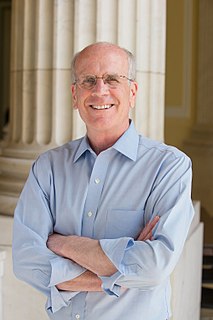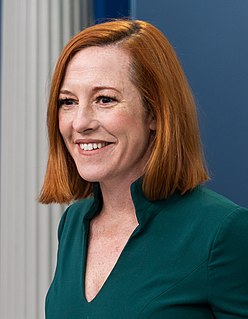A Quote by Peter Welch
Last year, Congress passed a law that directs the Federal Reserve to set limits on debit card swipe fees that are reasonable and proportional to the cost of processing those transactions. Like most Americans, I had no idea that swipe fees charged to American businesses are the highest in the world.
Related Quotes
The credit/debit card transaction system is antiquated, expensive, and inefficient. There are over nine steps to complete a transaction from the time a customer swipes their card to payment processing, settlement, and when the merchant finally gets paid. Every step along the way costs both the consumer and the vendor in additional fees.
It may seem strange, but Congress has never developed a set of goals for guiding Federal Reserve policy. In founding the System, Congress spoke about the country's need for "an elastic currency." Since then, Congress has passed the Full Employment Act, declaring its general intention to promote "maximum employment, production, and purchasing power." But it has never directly counseled the Federal Reserve.
The biggest challenge is self-financing 100% of everything. Recording costs, studio time, engineer fees, travel costs are all a part of the creation process. Then after the creation, there are producer fees, mixing, mastering, photo shoots, artwork, packaging, artist feature fees, legal fees, clearances, and so on that must be covered before any music can officially be released to the public.
As a small business owner, I've had to find ways to keep costs as low as possible while still providing customers with the ability to use their credit cards for payments. Many credit card processing companies are so expensive when it comes to fees that it started to feel like a losing proposition to offer this payment option.
Maybe you'll take the cash out. So a credit card company or a bank that goes into the business of saying we're going to be the broker, we're going to sell you a mortgage that you're going to be able to pay off, we're going to help you reduce your credit card debt, we're going to help you save for retirement, we're going to put you into mutual funds that have low fees rather than high fees.





























